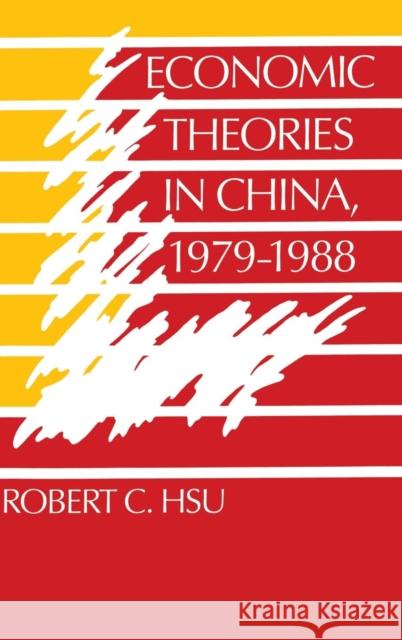Economic Theories in China, 1979-1988 » książka
Economic Theories in China, 1979-1988
ISBN-13: 9780521365673 / Angielski / Twarda / 1991 / 214 str.
In China, the decade from 1979 to 1988 witnessed among economists and policymakers an unprecedented willingness to depart from the traditional dogmatic interpretations of socialism and to enter into a discourse aimed at promoting economic reforms and development. Robert C. Hsu, in Economic Theories in China, 1979-1988, systematically explores the substance and logic of the evolution of the most vital economic-reform theories prevalent in China during those years (before the recent slowdown). He also examines and assesses the delicate interaction between these theories and the practical policies of the Chinese government. Hsu's analysis covers the debates over exactly how to combine the market mechanism with socialist planning. Chinese economists argued about how to diversify the ownership system, how to implement price-wage reforms, how to invigorate state-owned enterprises and make them more efficient, and how to develop China's agriculture, industry, and foreign trade. Though Hsu critically dissects the diversity of views and describes the shortcomings that will affect future economic policies and theories, his mood is primarily an affirmation of the new dynamic age of China's economics. This is the first study in English of economic theories of the reform decade in China and the first to comment on the relationship between theoretical and institutional changes. It will be of interest not only to economists, but also to political scientists and China scholars from many other disciplines.











